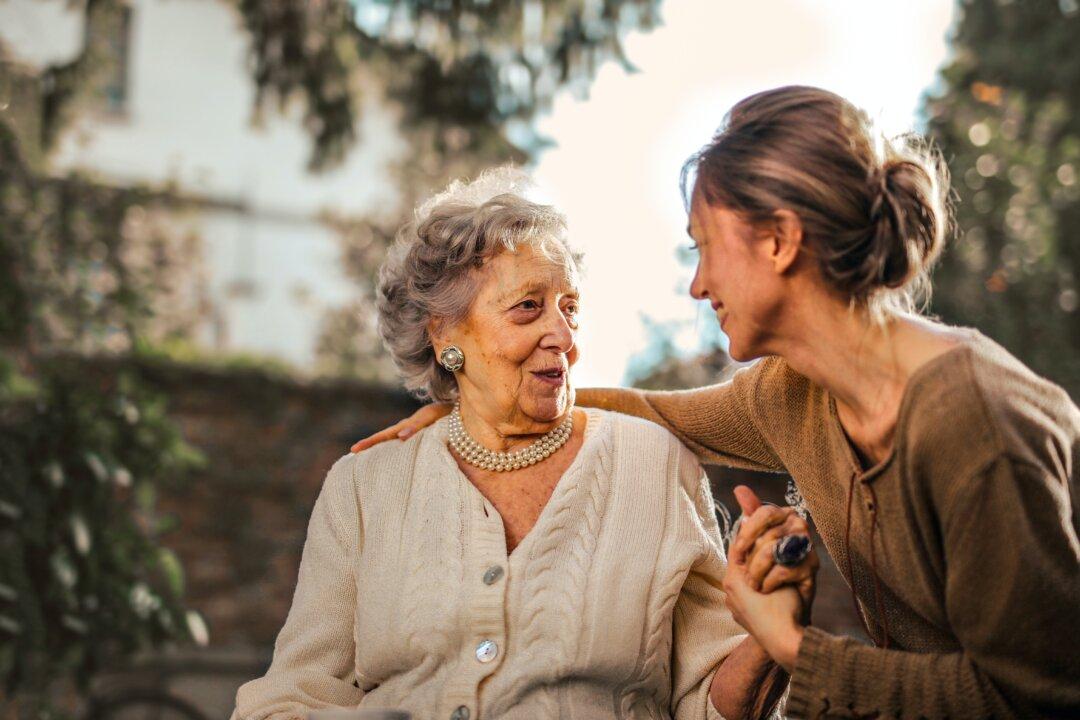It can happen in an instant. One day your dad is living on his own, independent and mostly healthy despite advancing age. The next he’s in bed with a broken something, dependent on his grown children and forced to move into a long-term care facility because you don’t have time to research alternatives. I’m not exaggerating when I say I’ve seen it happen hundreds of times.
Dad can’t avoid the getting older part, at least not if he’s lucky. But it’s not inevitable that he'll have to give up his home, whether it’s an actual house or an apartment in a senior building. That’s why it’s so important to be proactive rather than reactive, and to find a professional who can help you and your father (or mother) figure out how to remain at home as long as possible, even if injury or illness comes into play. The benefits of staying at home can be both economical and psychological.

